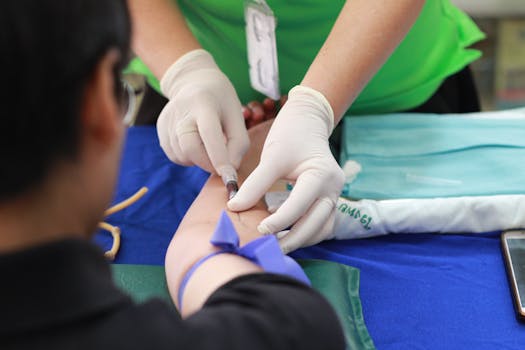You could do a college course, which may help you when looking for work.
Courses include:
- preparing for further study in health, social care and social work
- health and social care
- T Level in Health
Most health and social care courses include work placements which is a good way to get experience.
Entry requirements
Entry requirements for these courses vary.
4 or 5 GCSEs at grades 9 to 4 (A* to C), or equivalent, including English and maths for a T Level




